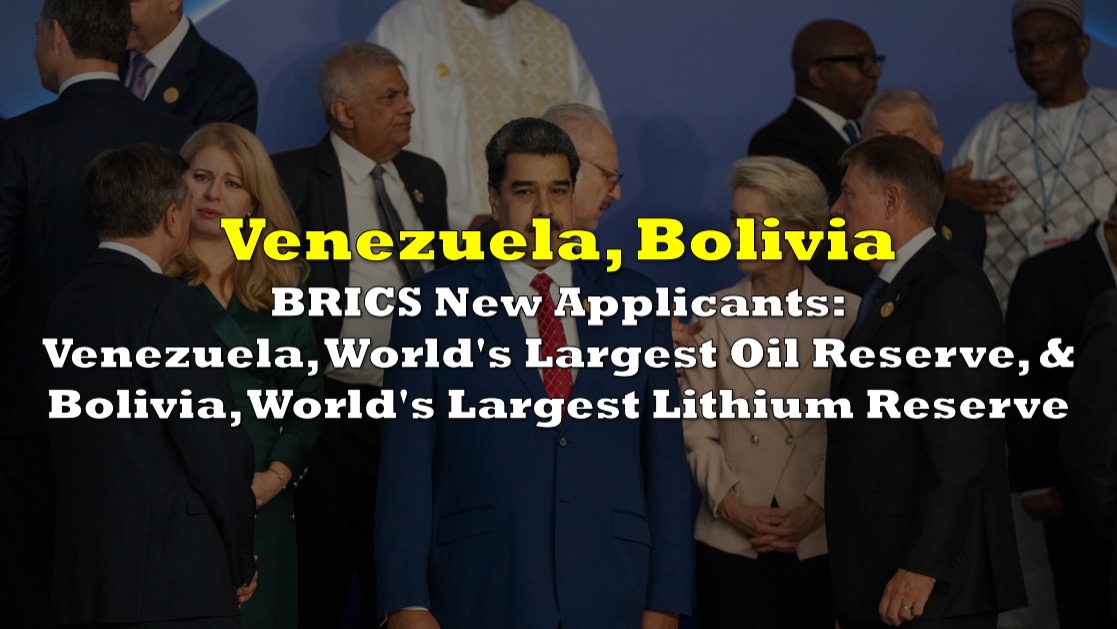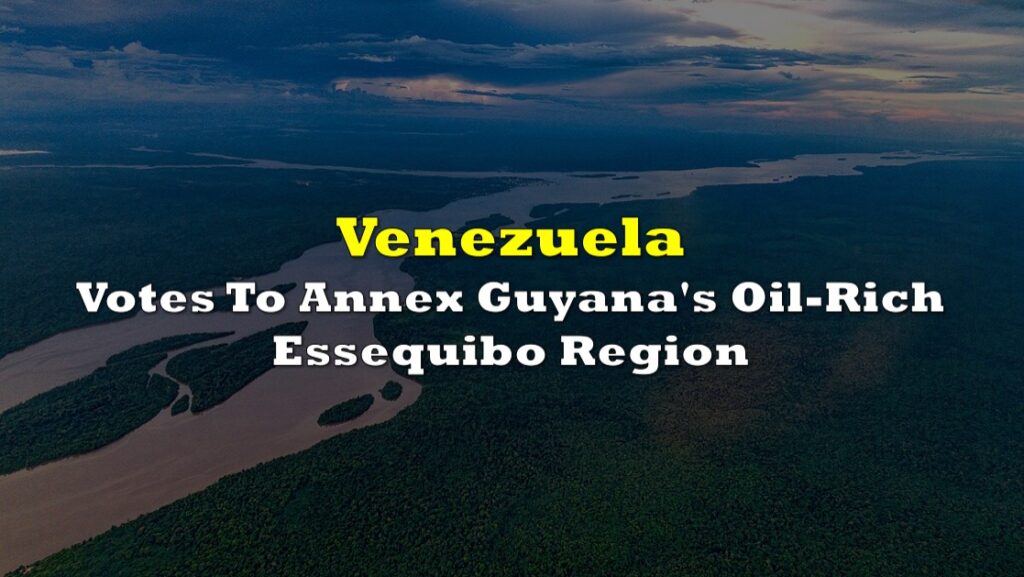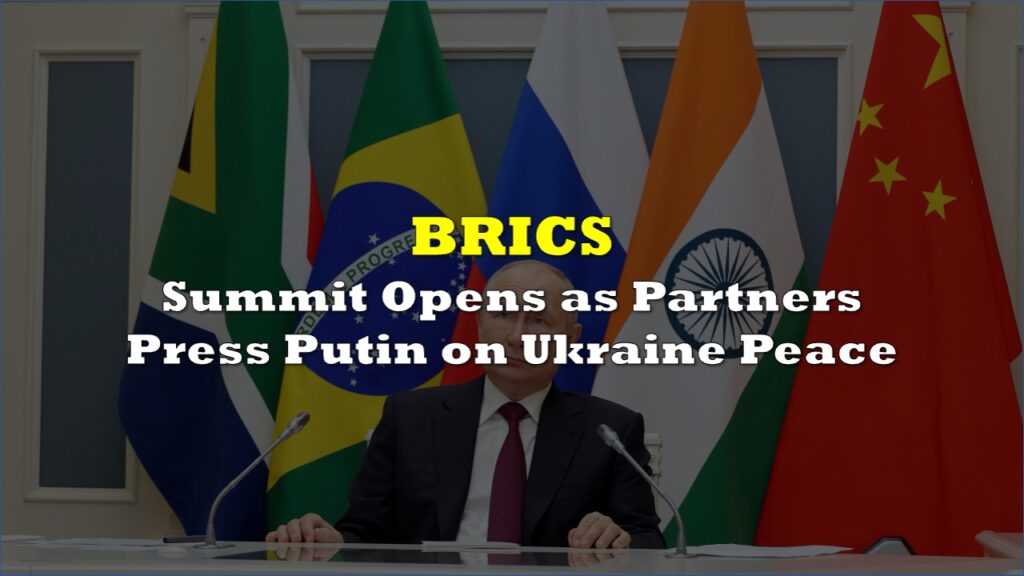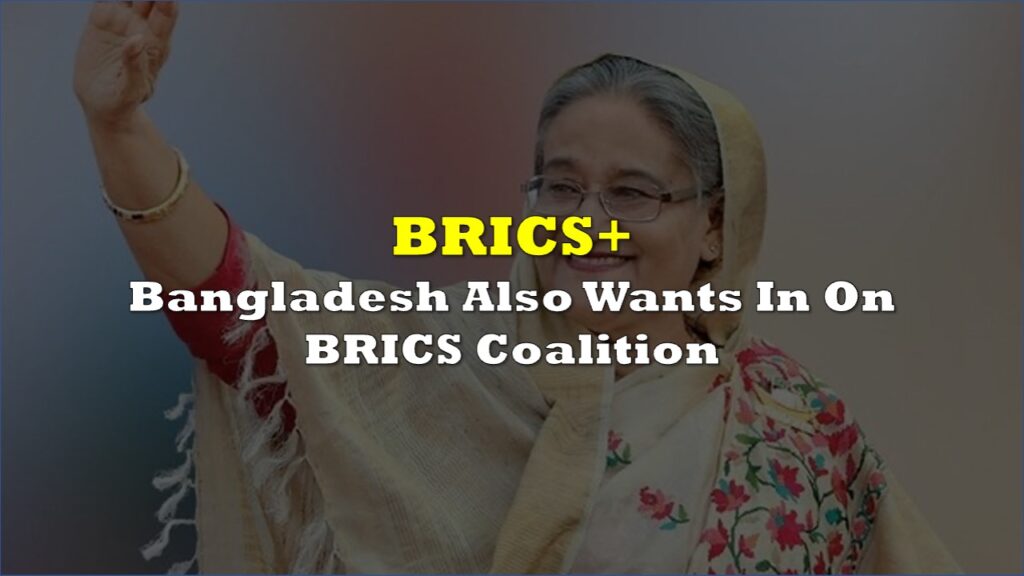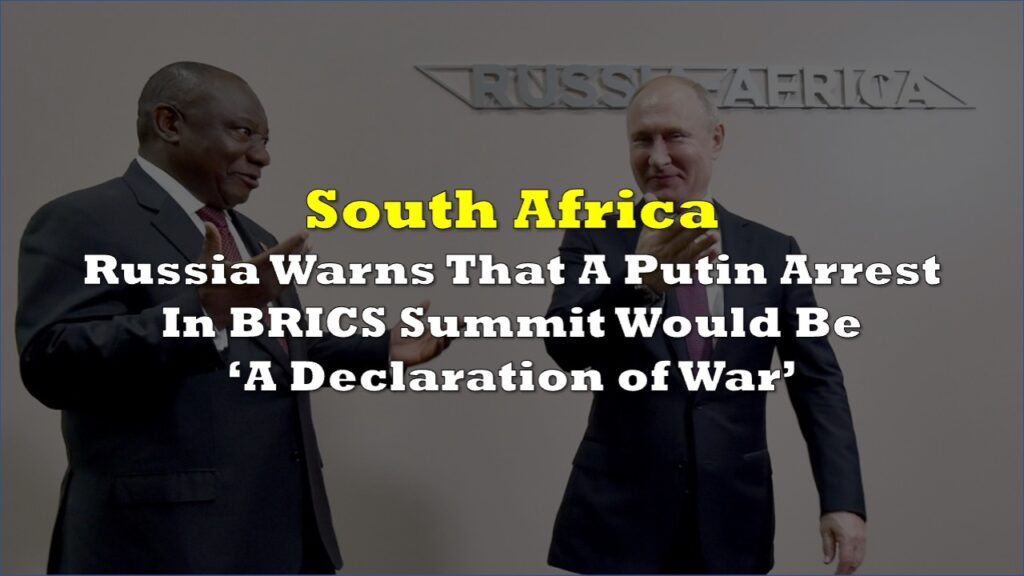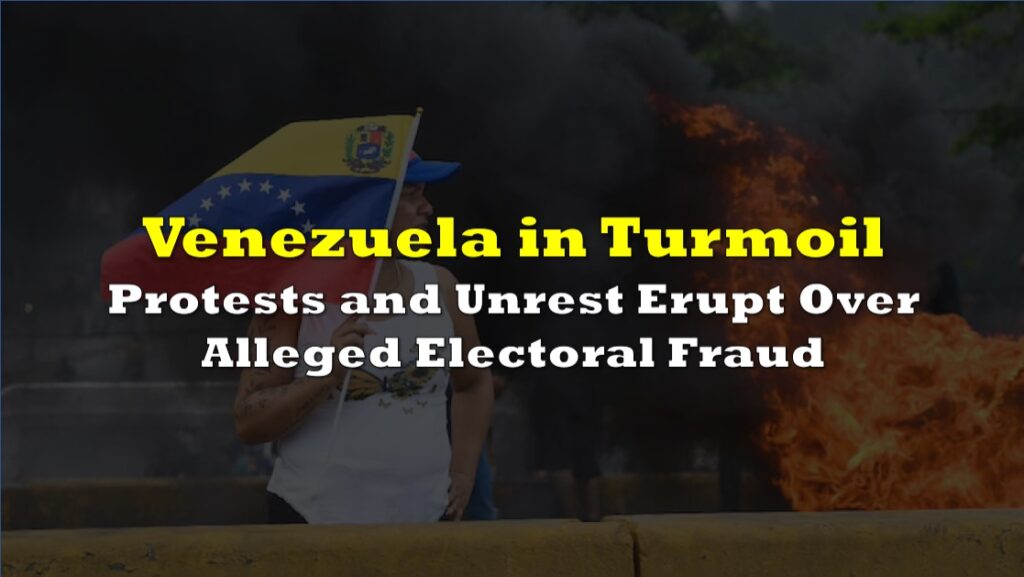Vice President Delcy Rodríguez of Venezuela announced on Thursday that President Nicolás Maduro has formally applied for Venezuela’s membership in the BRICS group. This move comes as the nation aims to leverage its significant oil reserves and establish new avenues for international cooperation.
Rodríguez underscored the importance of Venezuela’s energy resources, expressing the country’s intention to contribute to the BRICS energy commission. She highlighted that Venezuela’s vast oil reserves are “drawing a new internationality, new relations of cooperation, completely away from unilateralism.”
“Venezuela will always be at the forefront of the international energy formula,” said Rodriguez. The vice president emphasized that Venezuela is ready to offer “the world’s biggest oil deposits to the service of the BRICS energy commission.”
In her address, Rodríguez criticized the punitive measures imposed by Western nations, including economic blockades, and emphasized that Venezuela remains committed to global energy initiatives despite these challenges. She praised the resilience of Venezuela and Cuba in the face of economic adversities and conveyed warm regards to the people of Cuba.
#3Ago | Vicepresidenta de Venezuela, Delcy Rodríguez: Venezuela es un país energético. La reserva mas grande del planeta al servicio de este importante bloque (BRICS).
— Ministerio para Ciencia y Tecnología (@Mincyt_VE) August 3, 2023
Más Info 👉 https://t.co/glrloKdywe#YoIzoMiBandera pic.twitter.com/DdyCEDAMGp
Rodríguez elaborated on the ongoing discussions between Venezuela and India, focusing on bilateral agendas and potential cooperation across various sectors. She emphasized the pursuit of equitable international economic relations that prioritize the interests of the people over corporate gains.
The vice president’s remarks were delivered during the ninth Conclave of the Industrial Confederation of India, Latin America, and the Caribbean. Venezuela presented proposals aligned with its 18 Productive Engines initiative, seeking collaboration with India, a vital player in global trade.
It was earlier this month that Maduro relayed that Venezuela has formalized its application to join BRICS, referring to the bloc’s “leading role in building a new world, paving a dynamic way toward a multipolar world order.”
Notably, the governments of China and Russia expressed support for Venezuela’s aspiration to join the BRICS group, which comprises Brazil, Russia, India, China, and South Africa. The membership request necessitates an initial conceptual deliberation with partner nations within the framework, noted Dmitry Peskov, the spokesperson for the Kremlin.
“First, we need to have a conceptual discussion about this subject. This is a very important problem – expansion issues. As previously stated, it will be on the agenda of the meeting,” he said.
Venezuela, holding the world’s largest proven oil reserves, could be monumental to the bloc in terms of reconsolidating the oil market. Earlier in May, the Shanghai-based New Development Bank, sometimes known as the “BRICS bank,” was reported to be in negotiations with Saudi Arabia about becoming a member. The kingdom currently de facto leads the economic oil cartel OPEC+.
The upcoming BRICS summit, scheduled for August 22-24 in Johannesburg, South Africa, will address potential new member incorporations. Bolivia’s Foreign Minister Rogelio Mayta previously announced Bolivia’s intention to participate and highlighted President Luis Arce’s presentation of the country’s development model at the summit. Bolivia has officially communicated its desire to join BRICS, emphasizing sustainable and inclusive development and collaboration with emerging economies.
“We want to inform you that on June 12, 2023, President Arce officially communicated Bolivia’s willingness to join the group,” Mayta conveyed, elaborating on their aspiration to progress towards sustainable and comprehensive development while fostering collaboration with emerging economies.
He affirmed that Bolivia had engaged in discussions with all five member nations of the bloc. “Recognizing that it’s a lengthy undertaking, we are committed to the correct trajectory, exerting dedicated efforts for the betterment of our nation,” he added.
Bolivia possesses a staggering 23 million tons of lithium, which stands as the globe’s most extensive repository of this essential white metal crucial for the shift towards sustainable energy solutions.
BRICS, established in 2009, has evolved into a significant platform for cooperation among developing nations. During its 14th Summit, BRICS leaders agreed to expand membership and enhance integration with partners from various continents, discussions that will continue in the forthcoming summit.
Approximately 30 countries worldwide, including Algeria, Argentina, Bangladesh, Cuba, Egypt, Ethiopia, Honduras, Iran, Indonesia, Mexico, Nigeria, Saudi Arabia, Turkey, and the United Arab Emirates, have expressed interest in joining the BRICS bloc, reflecting the group’s growing prominence on the global stage.
Information for this briefing was found via Preens Latina, TeleSur, Tass, Peoples Dispatch, and the sources mentioned. The author has no securities or affiliations related to this organization. Not a recommendation to buy or sell. Always do additional research and consult a professional before purchasing a security. The author holds no licenses.

